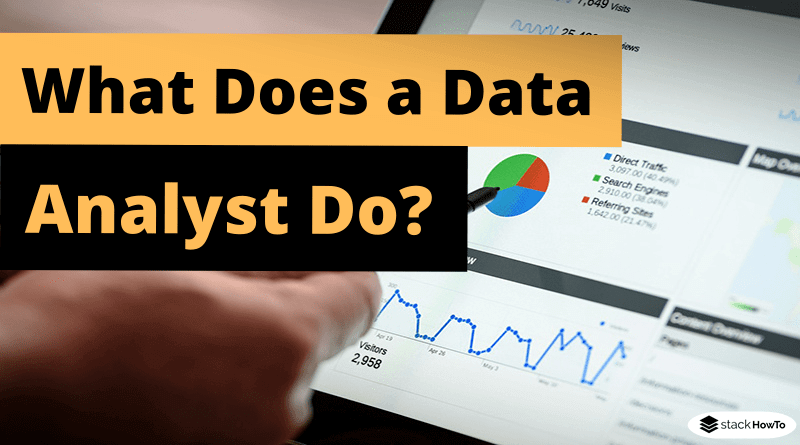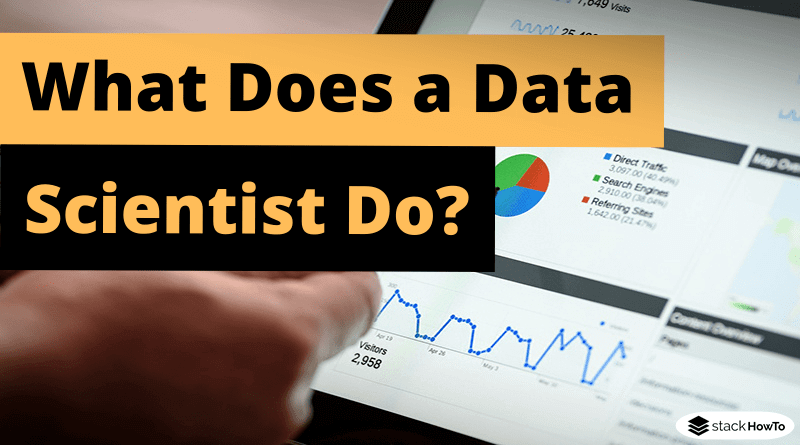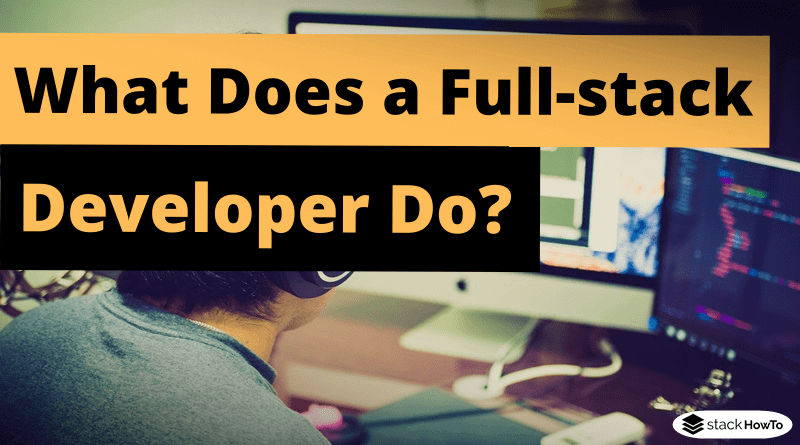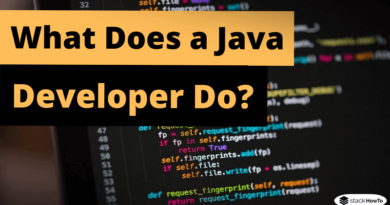What Does a Data Analyst Do?
Are you interested in Big Data and have you always found statistics exciting? Then you might like the job of Data Analyst. Data analysts are sought-after professionals in the job market.
Here you can find the most important information about the requirements, tasks, and training opportunities.
Definition: Data Analyst
Data is the currency of the 21st century. The more life goes digital, the more companies know about us – and make use of this knowledge. Companies that evaluate data about their customers and processes, know what works and what doesn’t. For example, they create forecasts for climate development, optimize work processes, or recognize customer requirements based on user behavior.
To do this, a Data Analyst evaluates a wide variety of data, presents it to his colleagues and superiors, and develops concepts and recommendations for action based on the data. Data analysts are therefore mainly needed where a lot of data is generated – i.e. especially companies that are mainly on the Internet.
How do you become a Data Analyst? Requirements and skills
Do you want to become a Data Analyst, but you still don’t really know what you have to be able to do, what requirements you have to meet, and where to start? Here you can find out which courses and training courses typically belong to a Data Analyst’s career.
You can also find information here about hard skills that are often required and which soft skills can have a positive effect on your application. For better orientation, we divide this into must-haves and nice-to-haves so that you can better assess which competencies and skills are important.
Training & studies
A degree is usually the basis for a career as a Data Analyst. A good foundation is provided by courses in computer science, mathematics, economics, or statistics – as demand is constantly increasing, there have also been specialized courses in data science for some years now.
Such a degree often includes the following content:
- Data management & data modeling
- Database systems
- Research and evaluation
- Knowledge organization & information structuring
- Statistical procedures
A Master’s degree is not mandatory, but Masters usually earn more than their colleagues with a bachelor’s degree when they start their careers. However, since they start working earlier and gain professional experience, this is usually put into perspective after only a few years, so that Bachelor’s degrees with 2-3 years of experience and Master’s degrees earn similar salaries.
Is it also possible without an academic degree?
Yes, you can get started as a Data Analyst with the right training. A good basis for the professional goal is, for example, training to become a mathematical-technical software developer. The training content is similar to that of the Data Science degree.
There are also good opportunities for career-shifters as Data Analysts because the need for data experts is very high and there is a lack of suitable specialists.
- Which training / which study is usually required?
- Typical contents of the training/courses
- Opportunities for lateral entry?
- Work experience through internships, (working students) jobs?
Qualifications and skills
In addition to a professional degree, you should have various skills in order to be successful as a Data Analyst. Must-haves:
- Knowledge of statistics, database systems and big data
- Very good ability to concentrate
- Analytical thinking
- Patience and precision
To work as a Data Analyst, you need a very good ability to concentrate on a permanent basis. You sit at the computer most of the day and you mustn’t be distracted or lose your patience. Your precision shouldn’t let up at the end of the day either.
Of course, as a Data Analyst, you should also be familiar with the basic programs for data analysis. The most important technologies are SQL, JavaScript, R, Python, SAS, and machine learning programs such as TensorFlow. Ideally, you should already master the basics of some of these tools.
As a Data Analyst, you usually not only analyze, you also present your findings – for example in the form of articles and graphics. Nice-to-haves are therefore knowledge in the following areas:
- Content management systems
- Information visualization
- Search engine optimization
- Software and web development
What does a data analyst do?
The daily tasks of a Data Analyst consist of analyzing, evaluating and summarizing data.
This gives colleagues and superiors a basis for decision-making, so it is important that your presentation is well explained and easy to understand.
As a Data Analyst, you will support quality control: Your work often aims to maintain and monitor product quality. If you work in marketing, this task can also include customer surveys. From the survey results, you need to be able to deduce what problems may arise and how best to solve them.
As a Data Analyst you will do the following:
- You analyze data and evaluate it
- You edit and transform the company’s data
- You summarize the work results and present them
- You maintain and implement data systems
Data Analyst Salary
The starting salary of a Data Analyst is $54,000 to $70,000 per year. Salaries of Data Analysts with a few years of professional experience range from $70,000 to € $100,000 year. Depending on experience, company size and location.
Potential industries for Data Analysts
In principle, the more digital a company is, the more data about customers and processes is generated. In order to analyze and evaluate the data, data analysts are mainly sought in these industries:
- Finance and Insurance
- E-commerce
- Healthcare
- Energy industry
- telecommunications
Application as a Data Analyst
When applying as a Data Analyst, there are no special features that you have to pay attention to.
As with any application, the same applies here: Make your motivation clear and, above all, address the skills that data analysts should have. Above all, this includes analytical skills and knowledge of the most important tools and programming languages.
If you already have experience in these areas, all the better. Internships and working student jobs are often a plus on your résumé that makes your career start easier.
Conclusion
There are many paths leading to the goal of a Data Analyst: a degree in computer science, mathematics, economics or statistics, suitable training (e.g. mathematical-technical software developer), or a lateral entry.
What you should bring with you: very good ability to concentrate, analytical thinking, patience, and precision as well as a good knowledge of big data and how to use computers. Programming skills are also nice to have.
- Data analysts make data about customers and processes usable for companies
- Degree programs in mathematics, computer science, and statistics offer good entry opportunities
- Must-haves are knowledge of statistics, database systems, and big data as well as analytical thinking
- Typical tasks include analyzing, evaluating, and summarizing data
- Data analysts earn an average of $5,833 per month.








